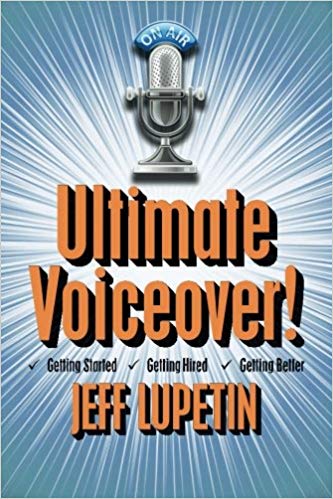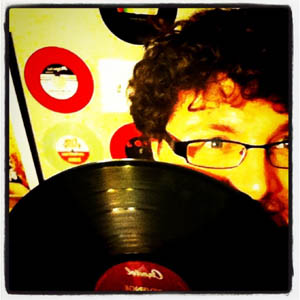A few years ago, I was approached to edit a book by Chicago voiceover legend Jeff Lupetin. The project was still in progress at the time and while there are some book editors who won’t touch a manuscript until it has been declared more or less finished in some form, I accepted the project for a variety of reasons including the fact that I have a background in broadcast and understood where the book was going.
That’s something a book editor shouldn’t take lightly-if you aren’t as experienced in a certain kind of subject matter and don’t know where the project might go, you are potentially at a serious disadvantage when it comes to avoiding task creep.
How did I help this project and what can a freelance editor do to help YOUR book project?
For starters, I asked the author some very direct questions. Who is the intended audience? For this book, that seems like a no-brainer. People who want to become voice artists and do voiceover work. But is that all?
We managed to refine the audience type by asking ourselves as author and editor what kinds of people would be interested in this book. We came up with two basic types (not that our discussions were limited to that, mind you) including those who are gear savvy and those who are not.
So we needed to reach people who didn’t know one end of a microphone from the other, and the people who know the difference between a cardioid mic, a shotgun microphone, and a large-diaphragm condenser mic.
Knowing the business the way I do, it wasn’t hard to make suggestions about how to reach people who don’t know the technical side of things. And it was easy to suggest changes to make the book more “evergreen” so that technological advances didn’t render whole portions of the text obsolete in a few years.
But the real work was the author’s-he had to organize his thoughts in such a way that the progression of information from the introduction to the closing chapter makes sense and can help the reader make a step-by-step journey through the craft and realities of working in the voiceover industry.
What a good editor can do for your book project, especially non-fiction, is to provide the outsider’s perspective. When you write a book and devote enough time to it, it’s easy to miss some obvious things along the way. Everything from perspective on the subject to the basic ability to understand the progression of facts and information between the introduction and “about the author” can be tainted by being too close to your subject or the mechanics of writing about it.
Hire A Freelance Editor To Get A Second Opinion Or Outsider’s Perspective On Your Project
A freelance editor can be hired to do several things. One is nothing but a technical review of the book-is the grammar good? Punctuation and spelling? Does the book make sense to read or does it need formatting changes to make it easier to follow? These are all critical technical issues.
But you can also hire an editor to give you more detailed feedback. Does the book make sense in terms of its’ overall presentation of content, the structure of the information, and the narrative? This is a more subjective process and an author who hires an editor to do this needs to be ready to hear real and constructive feedback. Don’t shy away from the hard things your editor might say-if the goal is to make your book as good as it can be, the advice you get is worth considering even if you wind up disagreeing.
[Hire a Freelance-Zone.com freelance writer, editor, or social media manager by contacting us via e-mail with some basic details about your project. We will get in touch with you to discuss your needs.]
A good editor will be tactful but will tell you what you need to know about getting your book into shape for publication.
If you need to hire an editor to help you format an eBook, understand that this is a completely separate process from editing the actual content of the book. Some editors refuse to touch eBook formatting and others love doing it. But the electronic book formatting process is totally different than working on the material itself.
[Hire a Freelance-Zone.com freelance writer, editor, or social media manager by contacting us via e-mail with some basic details about your project. We will get in touch with you to discuss your needs.]

 by Joe Wallace
by Joe Wallace



